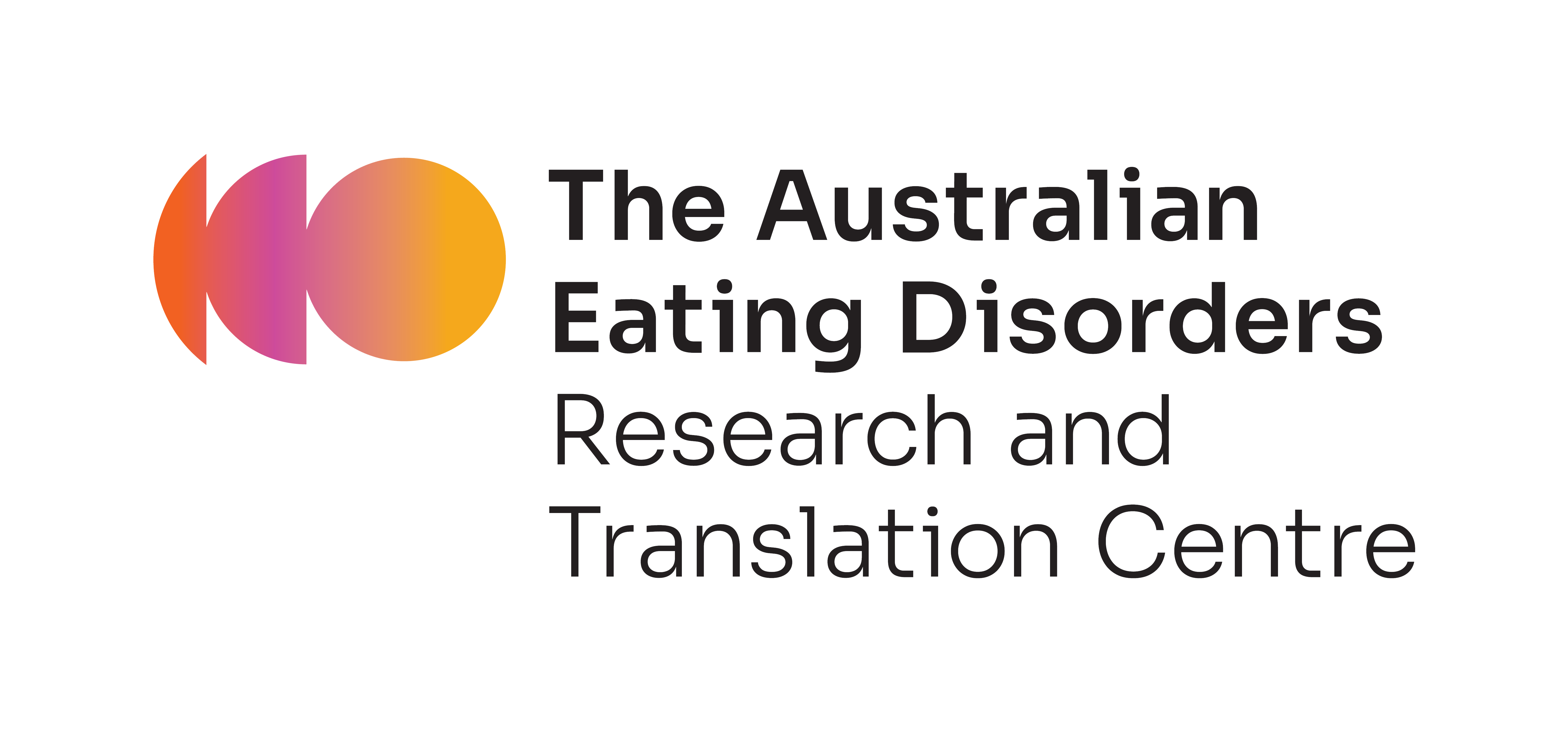Background
The current review broadly summarises the evidence base for pharmacotherapies and adjunctive and alternative therapies in the treatment of eating disorders and disordered eating.
Methods
This paper forms part of a Rapid Review series examining the evidence base in the field of eating disorders. This was conducted to inform the Australian National Eating Disorder Research and Translation Strategy 2021–2030. ScienceDirect, PubMed and Ovid/Medline were searched for included studies published between 2009 and 2021 in English. High-level evidence such as meta-analyses, large population studies and randomised control trials were prioritised, and grey literature excluded. Data from included studies relating to pharmacotherapy, and to adjunctive and alternative therapies in eating disorders, were synthesised and disseminated in the current review.
Results
A total of 121 studies were identified, relating to pharmacotherapy (n = 90), adjunctive therapies (n = 21) and alternative therapies (n = 22). Some of the identified studies involved combinations of the above (e.g. adjunctive pharmacotherapy). Evidence of efficacy of interventions across all three categories was very limited with few relevant high quality clinical trials. There was a particular scarcity of evidence around effective treatments for anorexia nervosa (AN). With treatment of bulimia nervosa (BN), fluoxetine has exhibited some efficacy leading to regulatory approval in some countries. With binge eating disorder (BED), recent evidence supports the use of lisdexamfetamine. Neurostimulation interventions show some emerging efficacy in the treatment of AN, BN and BED but some, such as deep brain stimulation can be highly invasive.
Conclusion
Despite widespread use of medications, this Rapid Review has identified a lack of effective medications and adjunctive and alternative therapies in the treatment of EDs. An intensification of high-quality clinical trial activity and drug discovery innovation are required to better assist patients suffering from EDs.

